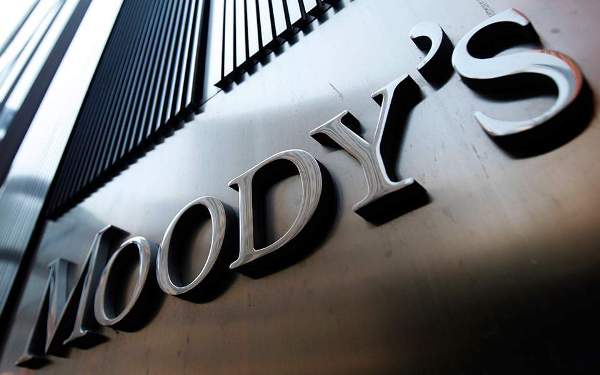Moody’s Investors Service, on Tuesday, confirmed the B3 long-term local-currency and Caa1 foreign-currency deposit ratings of five Pakistani banks.
The banks include Allied Bank Limited (ABL), Habib Bank Limited (HBL), MCB Bank Limited (MCB), National Bank of Pakistan (NBP) and United Bank Limited (UBL).
According to a report published by Moody’s, the outlook on all Pakistani banks’ long-term local currency deposit ratings has changed to stable from ratings under review.
“Moody’s decision to confirm the banks’ ratings follows Moody’s decision to confirm Pakistan’s B3 sovereign ratings, which signals reduced pressure on Pakistan’s credit profile, indirectly supporting bank ratings, given their high exposures to government credit risk,” read the report.
The credit rating agency further said that its decision to confirm Pakistan’s B3 government bond ratings with a stable outlook, also results in the stabilisation of its view of the capacity of the Pakistani government to support the country’s banks in case of need.
“The stable outlook [for the banks] balances their stable funding and liquidity positions and Moody’s assumptions that government support will be forthcoming in case of need, against a difficult economic environment and renewed pressure on banks’ asset quality and profitability metrics,” the report further read.
Moody’s further stated that improvements in the operating environment and in the sovereign’s credit risk profile, combined with improvements in banks’ solvency metrics could place upward rating pressures.
Moreover, it said that downward pressure on banks’ ratings would develop following a downgrade of the sovereign rating, reflecting the high interlinkages between the banks’ credit profile and that of the government, and signaling a reduction in the government’s capacity to extend financial support to banks in case of need.
Furthermore, Moody’s said that downward pressure on the Baseline Credit Assessments (BCAs) of individual banks could also develop from a greater-than-expected deterioration in operating conditions from the coronavirus spread, weakening asset quality, profitability,
and capital adequacy.




